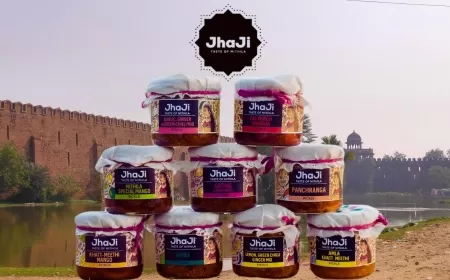Dabur Takes Patanjali to Court: Chyawanprash Ad Dispute Sparks Legal Showdown
Dabur sues Patanjali over a chyawanprash ad claiming false and misleading statements about herbs and safety. The Delhi High Court is examining the case.

New Delhi: Dabur India has filed a lawsuit against Patanjali Ayurveda, co-founded by Baba Ramdev, over a chyawanprash advertisement. The ad allegedly makes misleading claims about the number of herbs in Dabur’s product and questions its safety. The Delhi High Court, led by Justice Mini Pushkarna, is currently reviewing the case.
The controversy stems from a Patanjali advertisement promoting its chyawanprash as superior, claiming it contains 51 herbs compared to Dabur's alleged 40. The ad further hints that Dabur’s chyawanprash contains mercury, indirectly suggesting it may be unsafe for children. Dabur contends that these claims are false, tarnishing its reputation and undermining consumer trust in its century-old legacy.
Patanjali, however, denies any wrongdoing, labeling the claims as standard advertising puffery. The company argues that its ad does not directly name Dabur and is based on publicly available information. Patanjali cites legal precedent allowing comparative advertising as long as it avoids misleading or defaming competitors.
The case has sparked a broader debate on the boundaries of competitive advertising in India. If the court rules against Patanjali, it could reshape how brands position themselves in a fiercely competitive FMCG market. On the other hand, a ruling in Patanjali’s favor may embolden companies to adopt bolder advertising strategies.
What's Your Reaction?
 Like
0
Like
0
 Dislike
0
Dislike
0
 Love
0
Love
0
 Funny
0
Funny
0
 Angry
0
Angry
0
 Sad
0
Sad
0
 Wow
0
Wow
0







































































































